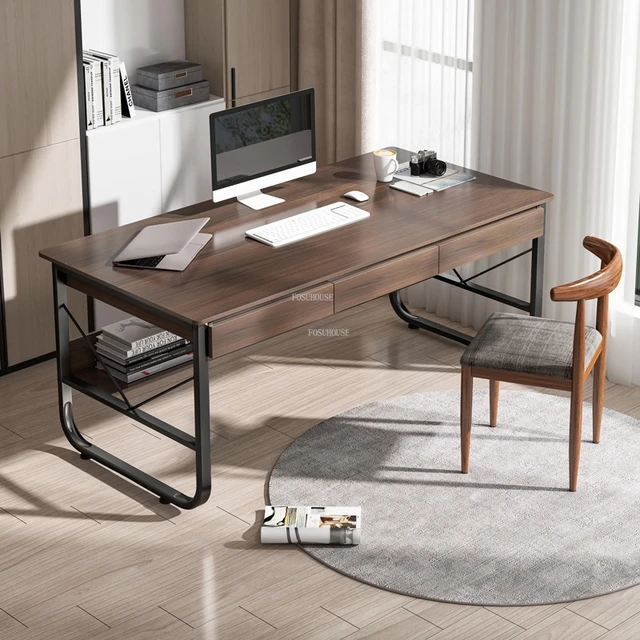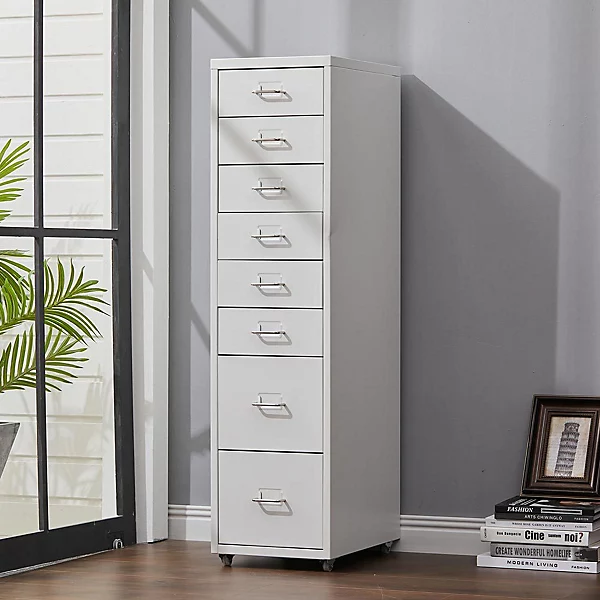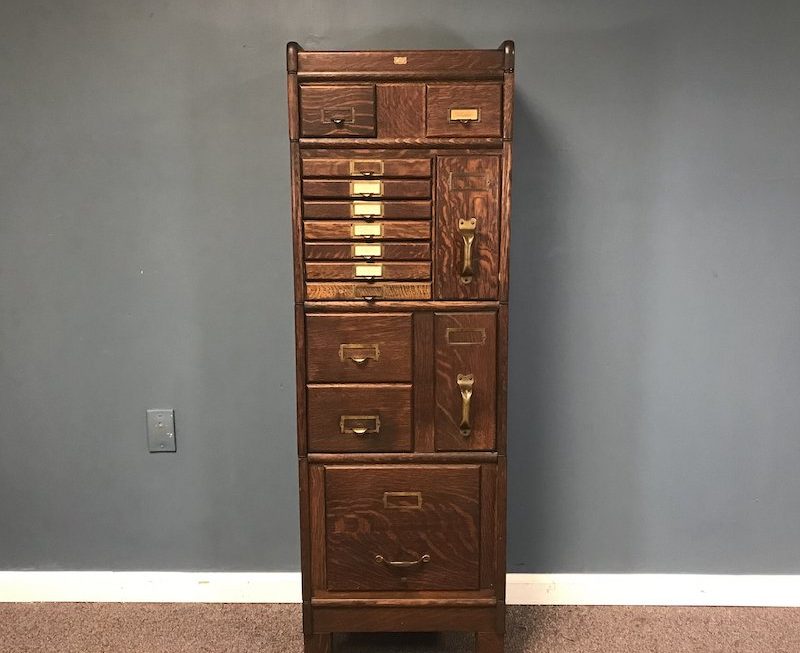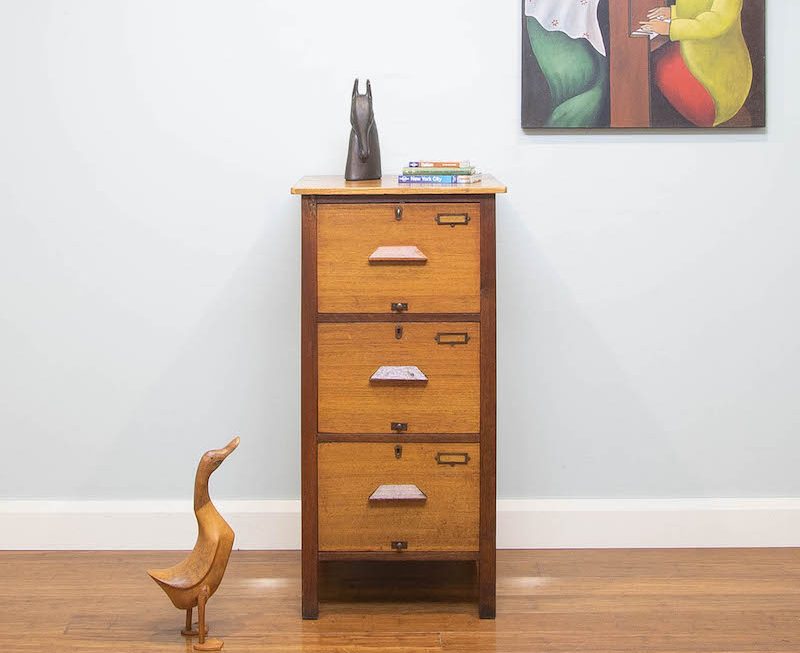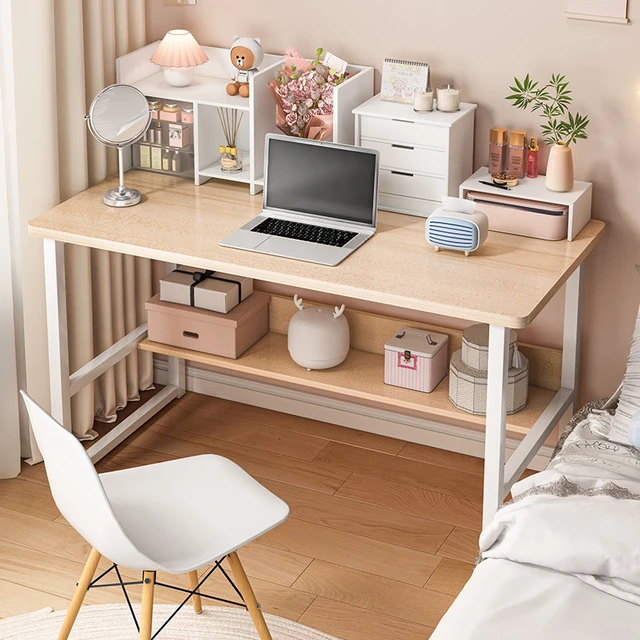 Introduction:
Introduction:
Desk tables(mesas de escritorio) are essential furniture pieces that provide a dedicated workspace for various activities such as studying, working, or pursuing hobbies. With their functional design and versatile features, desk tables offer a platform for increased productivity, organization, and creativity. In this comprehensive guide, we will explore the types, materials, features, and benefits of desk tables. By understanding these aspects, individuals can make an informed decision when selecting a desk table that suits their specific needs and enhances their daily work or study routine.
Types of Desk Tables
Writing Desks:
Writing desks are compact and minimalist, featuring a simple design with a flat surface and minimal storage.
They are suitable for individuals who need a basic work area without additional storage requirements.
Computer Desks:
Computer desks are specifically designed to accommodate computer equipment and accessories.
They often come with dedicated compartments for the CPU, keyboard, and monitor, ensuring an organized setup.
Corner Desks:
Corner desks are specifically designed to fit in the corner of a room, maximizing floor space and providing ample workspace.
They are ideal for small rooms or home offices where space optimization is crucial.
Standing Desks:
Standing desks offer the option to work while standing, promoting ergonomic benefits and reducing sedentary behavior.
These desks often have adjustable heights to accommodate both standing and sitting positions.
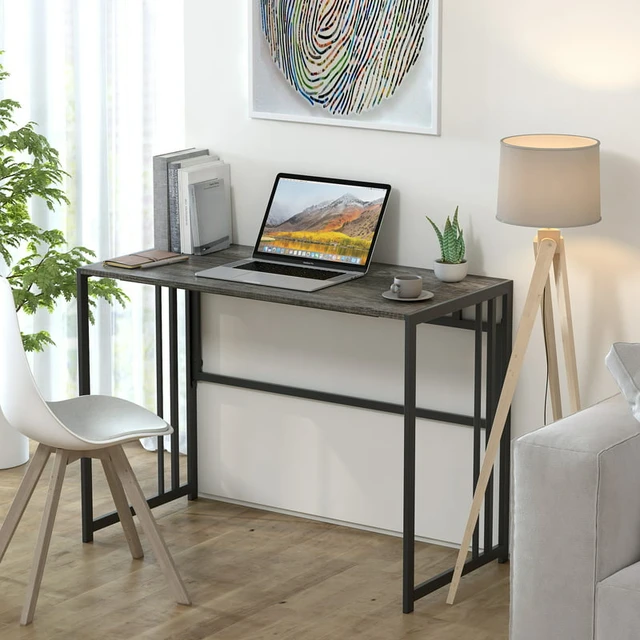 Materials Used in Desk Tables
Materials Used in Desk Tables
Wood:
Wood is a popular material for desk tables, offering durability, natural aesthetics, and various finishes.
Choices include hardwoods like oak or walnut, or more affordable options like pine or plywood.
Metal:
Metal desk tables provide a sleek and modern aesthetic, often used in minimalist or industrial-inspired settings.
They are durable, easy to clean, and suitable for heavy-duty usage.
Glass:
Glass desk tables add a touch of elegance and sophistication to any space.
They provide a visually open and spacious feel while offering a smooth and easy-to-clean surface.
Features and Benefits of Desk Tables
Ample Workspace:
Desk tables offer generous workspace for spreading out documents, equipment, and other work essentials.
This allows for better organization and improves work efficiency.
Storage Solutions:
Many desk tables come with built-in storage solutions such as drawers, shelves, or compartments.
These features provide easy access to frequently used items, helping to maintain a tidy and organized workspace.
Ergonomics and Comfort:
Some desk tables are designed with ergonomics in mind, offering adjustable heights, built-in cable management, and ergonomic accessories.
These features promote proper posture, reduce the risk of strain or injury, and enhance overall comfort during extended work or study sessions.
Personalization and Style:
Desk tables come in various designs, styles, and finishes, allowing individuals to personalize their workspace to suit their preferences.
By selecting a desk table that complements the room’s decor or reflects personal taste, one can create a visually appealing and inspiring workspace.
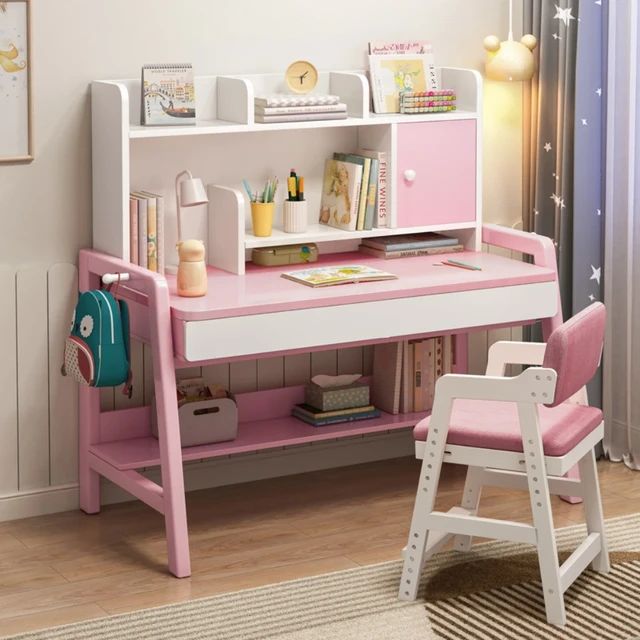 Maintenance and Care of Desk Tables
Maintenance and Care of Desk Tables
Regular Cleaning:
Regularly wipe down the desk table surface with a soft cloth to remove dust, dirt, or spills.
Follow manufacturer instructions for specific cleaning recommendations based on the material.
Management of Cables and Wires:
Keep cables and wires organized by utilizing cable management solutions such as clips, cord holders, or cable sleeves.
This promotes a clutter-free and safe workspace.
Precautions and Maintenance:
Avoid placing hot objects directly on the desk table surface to prevent damage.
Check and tighten screws or bolts periodically to ensure stability and prevent wobbling.
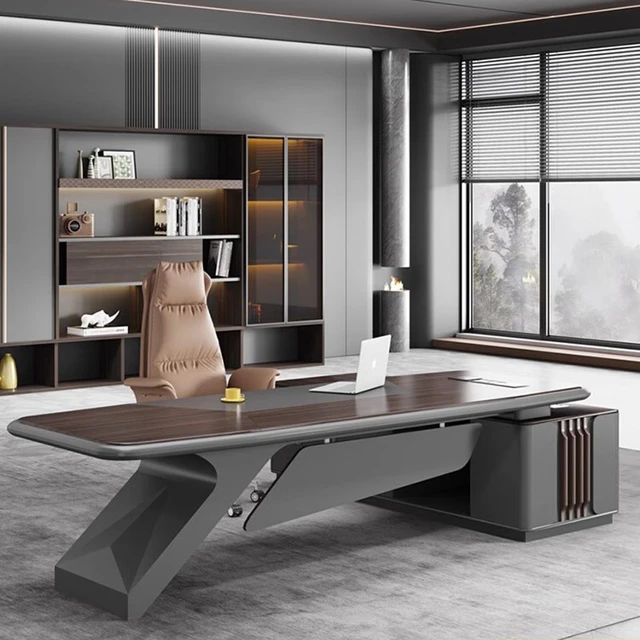 Differences between desk tables, foldable tables, and laptop stands for bed:
Differences between desk tables, foldable tables, and laptop stands for bed:
The main differences between desk tables, foldable tables, and laptop stands for bed lie in their design, functionality, and intended use:
Design and Structure:
Desk Tables: Desk tables are stationary furniture pieces designed with a sturdy frame and a regular working surface. They often come with drawers, shelves, and compartments for better organization and storage.
Foldable Tables: Foldable tables are designed to be collapsible and portable. They are typically made with lightweight materials and feature a folding mechanism that allows for easy storage and transportation.
Laptop Stands for Bed: Laptop stands for bed are specifically designed to provide a comfortable and ergonomic setup for using a laptop or tablet while in bed or on a couch. They come in various designs, including adjustable height and tilt angles to bring the screen to eye level and provide a comfortable typing position.
Functionality:
Desk Tables: Desk tables offer a dedicated and spacious working area. They are suitable for tasks that require ample space, such as studying, office work, or hobbies that need a stable surface.
Foldable Tables: Foldable tables are versatile and portable. They are often used for outdoor activities, picnics, camping, or as additional workspaces in temporary environments.
Laptop Stands for Bed: Laptop stands for bed are specifically designed to enhance comfort and ergonomics while using a laptop or tablet in bed. They provide a stable and adjustable platform for better posture and reduced strain on the neck, back, and wrists.
Size and Portability:
Desk Tables: Desk tables are generally larger and require a substantial amount of space in a room. They are stationary and can be difficult to move or transport.
Foldable Tables: Foldable tables are designed to be space-efficient and portable. They can be folded and stored when not in use, making them ideal for small spaces or when additional tables are needed temporarily.
Laptop Stands for Bed: Laptop stands for bed are compact and lightweight. They are easy to move and transport since their primary purpose is to provide a comfortable laptop setup wherever you are.
Consider your specific needs and preferences when choosing between a desk table, foldable table, or laptop stand for bed. If you require a dedicated workspace with ample storage, a desk table would be suitable. Foldable tables are versatile and portable, while laptop stands for bed prioritize comfort and ergonomics for using a laptop or tablet in a relaxed position.
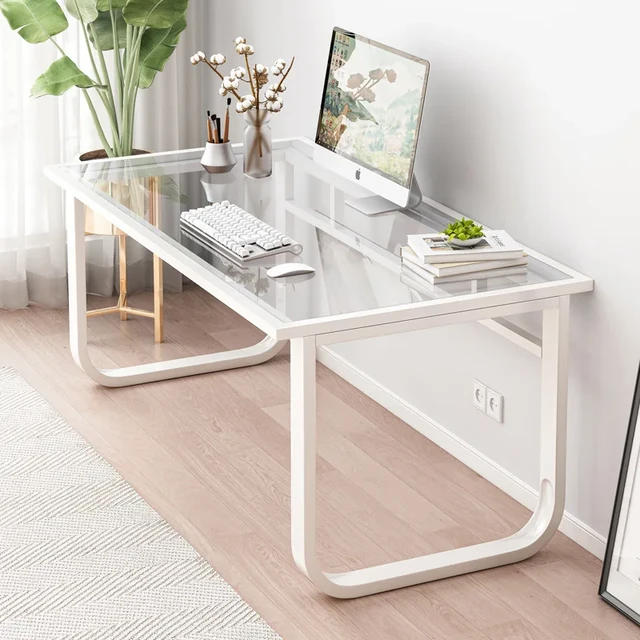 Conclusion:
Conclusion:
Desk tables provide functional and versatile workspaces that enhance productivity, organization, and creativity. Whether it’s a writing desk, computer desk, corner desk, or standing desk, different types of desk tables cater to specific needs and preferences. With choices of materials such as wood, metal, or glass, individuals can select a desk table that aligns with their style and durability requirements. By incorporating efficient features like ample workspace and storage solutions, desk tables facilitate an organized and productive work or study environment. With proper maintenance and care, desk tables can remain functional and aesthetically pleasing for years to come. Invest in a suitable desk table that suits your needs, and enjoy the benefits of a dedicated workspace that enhances your daily work or study routine. Let desk tables be a symbol of productivity, organization, and personal creativity in your space.
